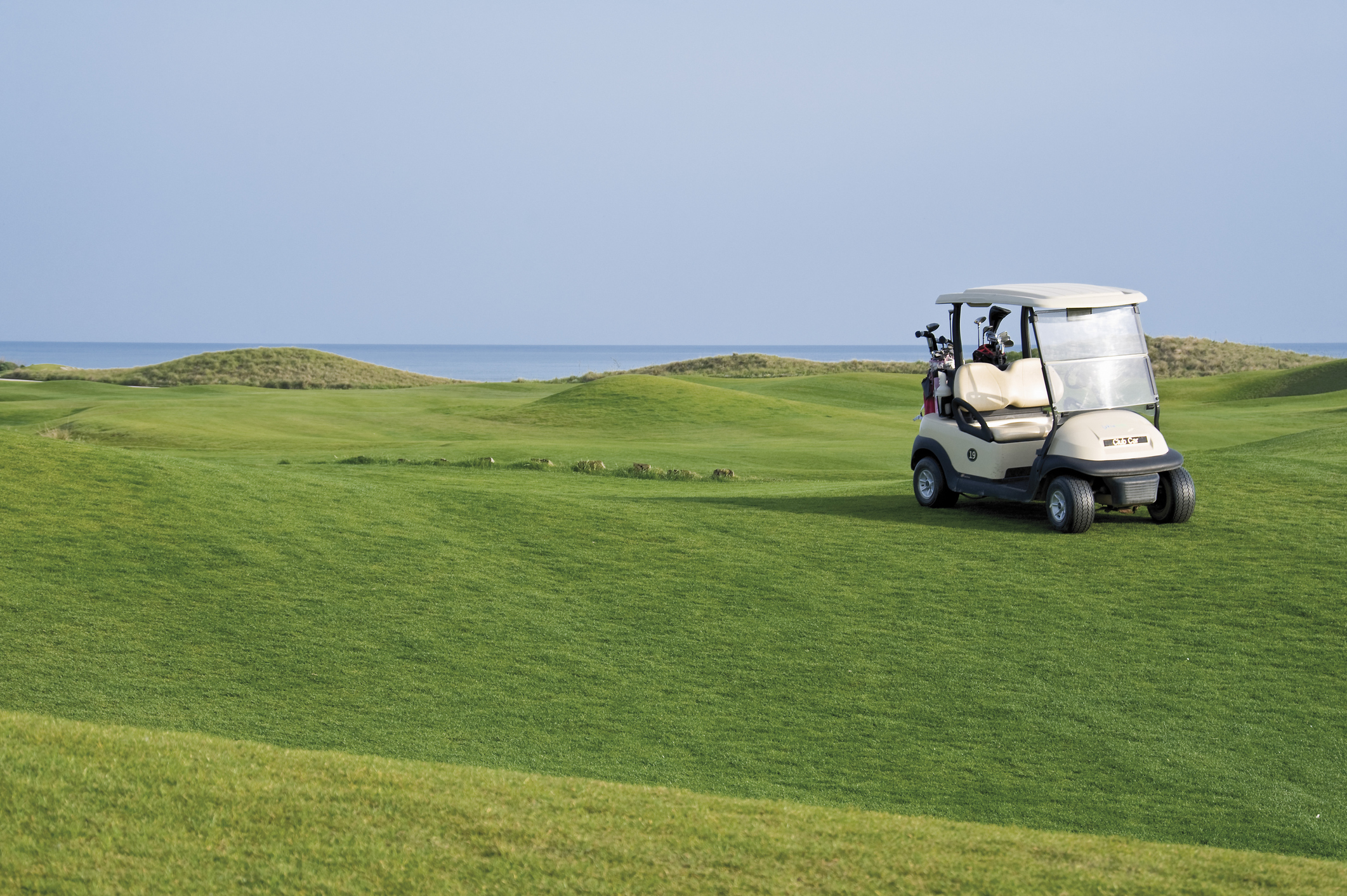In Texas, a Question as to Whether a Golf Cart is an “Auto” or “Mobile Equipment” and the Use of Extrinsic Evidence

(February 2020) - Texas Political Subdivisions Property/Casualty Joint Self Insurance Fund v. Pharr-San Juan-Alamo ISD addressed whether Texas commercial auto policies consider golf carts “autos” or “mobile equipment.” The Corpus Christi Court of Appeals began its analysis by addressing whether the distinction between an “auto” and “mobile equipment” was a matter of coverage or an exclusion. The court noted that the distinction governed which party carried the burden of proof, and thus, must be resolved.
Next, the court noted that the commercial auto policy did not include a “mobile equipment exclusion.” Instead, “mobile equipment” was a defined term in the policy’s “Definitions” section. This was the same “Definitions” section which defined “auto.” Thus, the court determined, the two defined terms worked in tandem to delineate the scope of coverage under the policy. Accordingly, as a matter of establishing coverage, the insured carried the burden of proof in establishing whether the golf cart qualified as an “auto” or “mobile equipment.”
The court then observed that the insured had submitted extrinsic evidence in support of its position that the golf cart may, possibly, qualify as an “auto.” In considering this extrinsic evidence, the court provided that “[A]lthough the Supreme Court of Texas has not ‘expressly recognized an exception to the eight-corners rule,’ it has recognized that our Court and others allow the introduction of extrinsic evidence that is relevant to coverage but does not touch upon the merits of the underlying suit.” Thus, extrinsic evidence was admissible “when doing so does not question the truth or falsity of any facts alleged in the underlying petition.”
Extrinsic evidence introduced was relevant to the two fundamental coverage questions: (1) whether all golf carts are designed for use principally off public roads; and (2) if not, was the golf cart in the underlying lawsuit designed for use principally off public roads. Because the evidence was immaterial to the merits of the underlying lawsuit, it was properly entertained.
Finding that the evidence demonstrated that not all golf carts are designed for use principally off public roads, the court then noted that the underlying pleadings’ bare allegations of “being thrown from a golf cart,” could, potentially, include a golf cart designed for use principally on public roads. And, because of Texas’ liberal interpretation rules, the carrier was not entitled to summary judgment that all golf carts, without exception, were designed for use principally off public roads as “mobile equipment” not covered by the policy. But, because it was the insured’s burden to prove coverage, and the insured failed to carry its burden that the golf cart at issue in the underlying suit was an “auto,” the court remanded the issue of the duty to defend to the trial court.
Essentially, simple allegations of “golf cart,” without more, may, potentially, implicate either an “auto” or “mobile equipment.” Accordingly, when confronted with thread-bare allegations of “golf cart,” as weighted against a commercial auto policy, a carrier may be well served to consider reserving rights on whether the golf cart qualified as an “auto” or “mobile equipment.”
Author:
Suzanne Schlicher, Associate
This article appeared in the Texas Insurance Coverage & Bad Faith Newsletter.